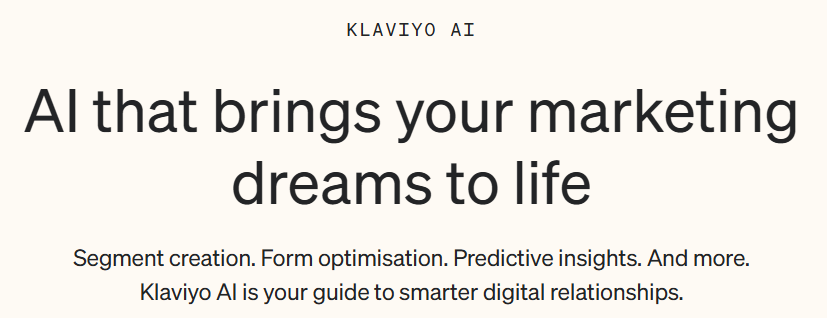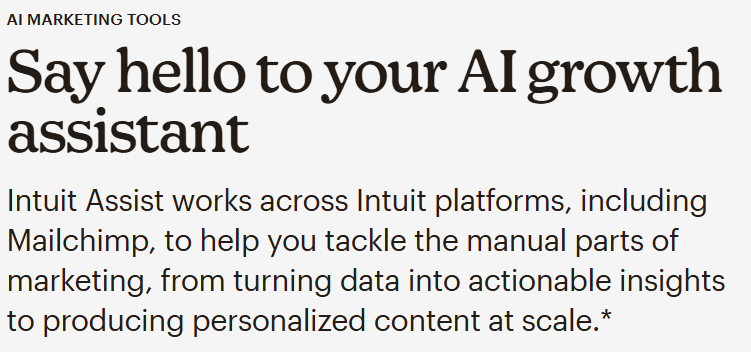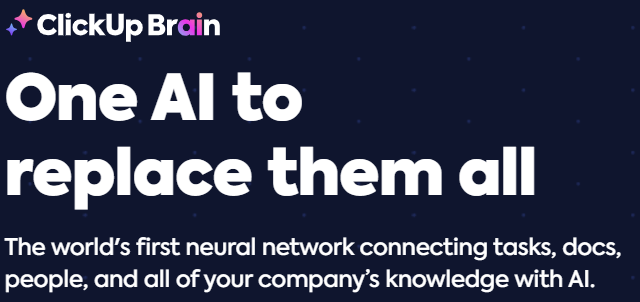I recently found myself on a quest to discover the perfect A/B testing tool for startups. (By the way, if you know a great one, drop me a message—I’m still looking!)
As I hopped from one SaaS website to another, I noticed something peculiar: everyone is now offering an AI-powered feature.

Whether it’s AI-driven analytics, AI-optimized campaigns, or AI-enhanced productivity—you name it, they’ve got it. Even this tool I’m writing down those lines with (WordPress) is proposing to write my meta description with an AI feature. It’s like the SaaS world suddenly decided that “artificial intelligence” is the secret sauce to success.
This trend got me thinking. Is adding AI really making these tools better for us, the users? Or is it more about keeping up appearances in an AI-crazed market? After all, generative AI—thanks to ChatGPT’s explosive popularity—has captivated both users and investors alike. Let’s think about it, shall we?
The great AI stampede
It’s no secret that generative AI has reshaped how we view technology. Tools like ChatGPT have shown us the magic of AI—and companies everywhere want a slice of that magic pie. In the SaaS space, the AI buzzword has crept into nearly every industry.
Let’s look at some examples:
- Email Marketing Tools: From AI-assisted email writing to predictive send-time optimization—everything now comes with an “AI inside” sticker:



- Product Photography Tools: These platforms now use AI to automatically remove backgrounds, enhance lighting, or even generate entire product scenes from a single photo, streamlining the work for e-commerce sellers but sometimes delivering inconsistent results:



- Project Management Software: Even these are jumping on the AI train with AI-powered task prioritization and deadline predictions:



While some of these features are genuinely helpful, others feel more like afterthoughts slapped on to stay trendy. It raises the question: Are we, as marketers, actually asking for these AI features? Or is this just SaaS companies trying to “out-tech” each other?
An investor influence
Now, let’s talk about the investor angle. For many SaaS companies, having an AI feature is no longer a nice-to-have; it’s practically a requirement to attract funding.

Investors want innovation, and AI checks that box in bold letters. The irony? Some of these AI features barely function or offer minimal added value, but they still dazzle investors during pitch meetings.
The pressure to “AI-ify” every product likely comes from a mix of investor expectations and market dynamics. If everyone else is doing it, companies fear being left behind. But what does that mean for us, the end-users? More often than not, these AI features are locked behind expensive premium plans—ones we rarely get to try during the free trials. It’s like a carrot dangled just out of reach.
Does the end-user really need it?
Let’s be honest: AI isn’t always necessary.
Sometimes, a well-designed, straightforward tool is all we need. But in today’s SaaS landscape, there’s this assumption that slapping AI onto a product makes it inherently better. It’s worth asking:
- Does the AI feature address a real pain point, or is it a “nice-to-have”?
- Is it saving time or just complicating workflows with unnecessary bells and whistles?
- And most importantly, is the value of the AI worth the price hike?
As a marketing manager, I’ve seen both sides of the coin. Some AI features truly elevate a product—for example, boost.ai – the company I’m currently working for – provides conversational AI services with a generative AI feature to support AI trainers (which is a rather good thing if you want my opinion). But others feel like tech theater, there to impress rather than serve.
The rise of AI in SaaS is fascinating but also a little overwhelming. While it’s exciting to see companies innovating, it’s crucial to remember that not every tool needs AI to be effective. For us marketers, the real question is: Are these AI features solving problems or just adding to the noise?
So, next time you’re shopping for a SaaS tool (like me with my elusive A/B testing software), don’t let the AI buzzwords distract you. Look for what truly matters: usability, effectiveness, and value for your team. And SaaS companies? Maybe consider if that AI badge is really for the users or just a shiny lure for the next funding round.

Comments